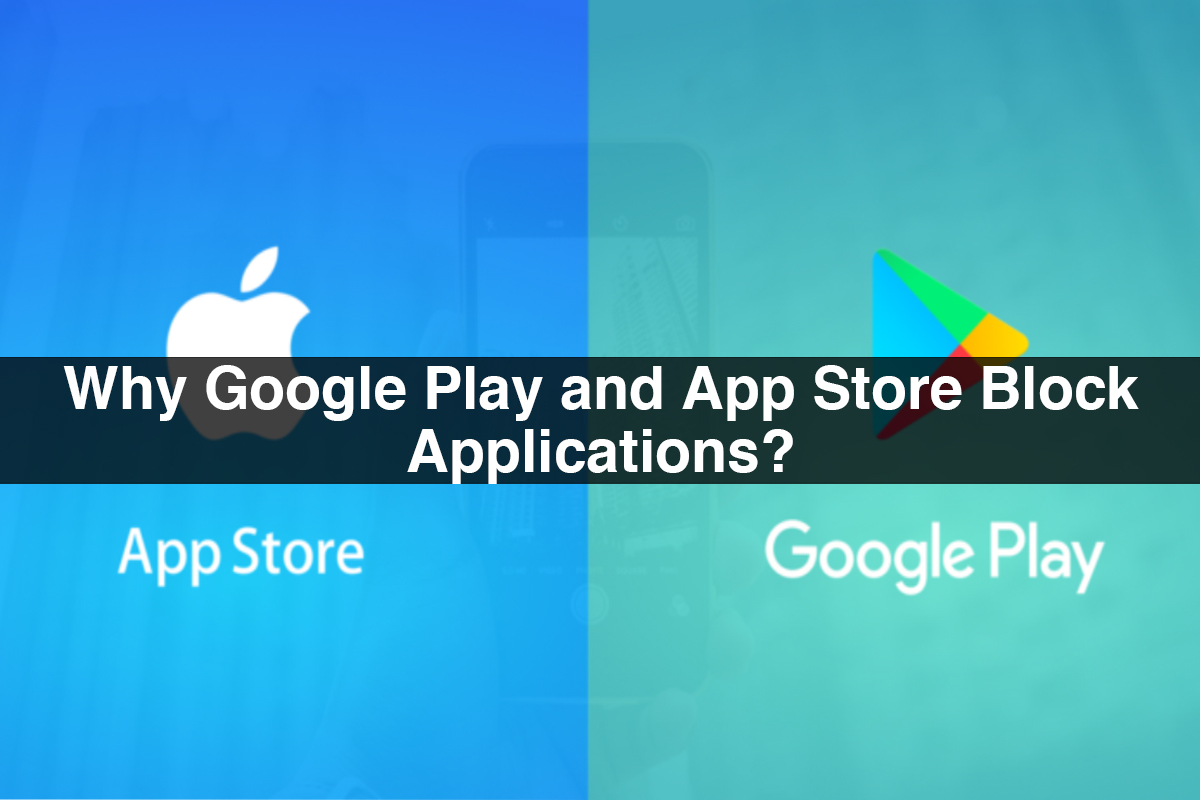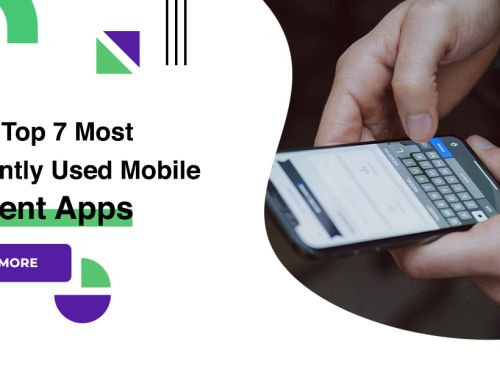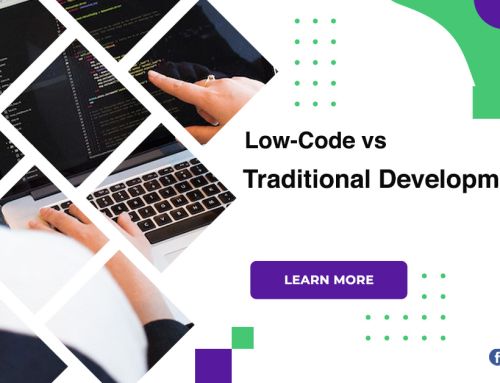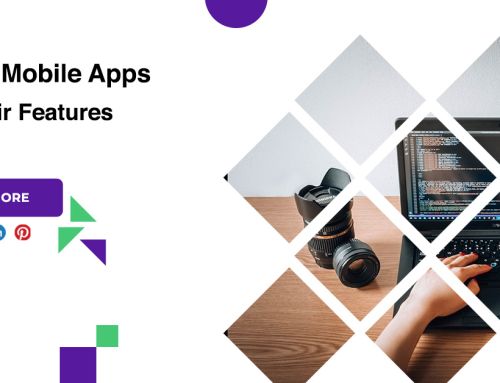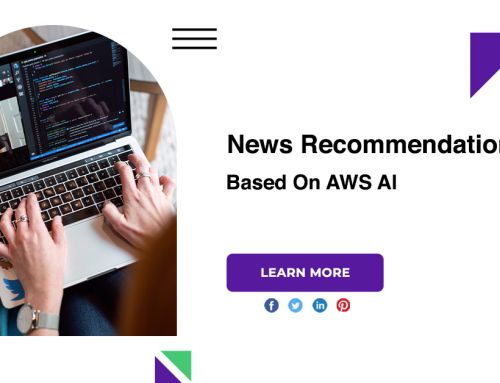Why Google Play and App Store Block Applications?
Recently, there have been numerous stories about how requests are blocked in Google Play and the App Store. All this is associated with attracting a lot of attention to the data security of applications, and more exactly, to the fact of its nonappearance.
All these re-counts to information safety and Google and Apple do not uneven the code and commercial logic before directly publishing a specific request. This would take too many capitals, given the flow of applications published and updated daily. They can only block after a susceptibility is identified and widely exposed.
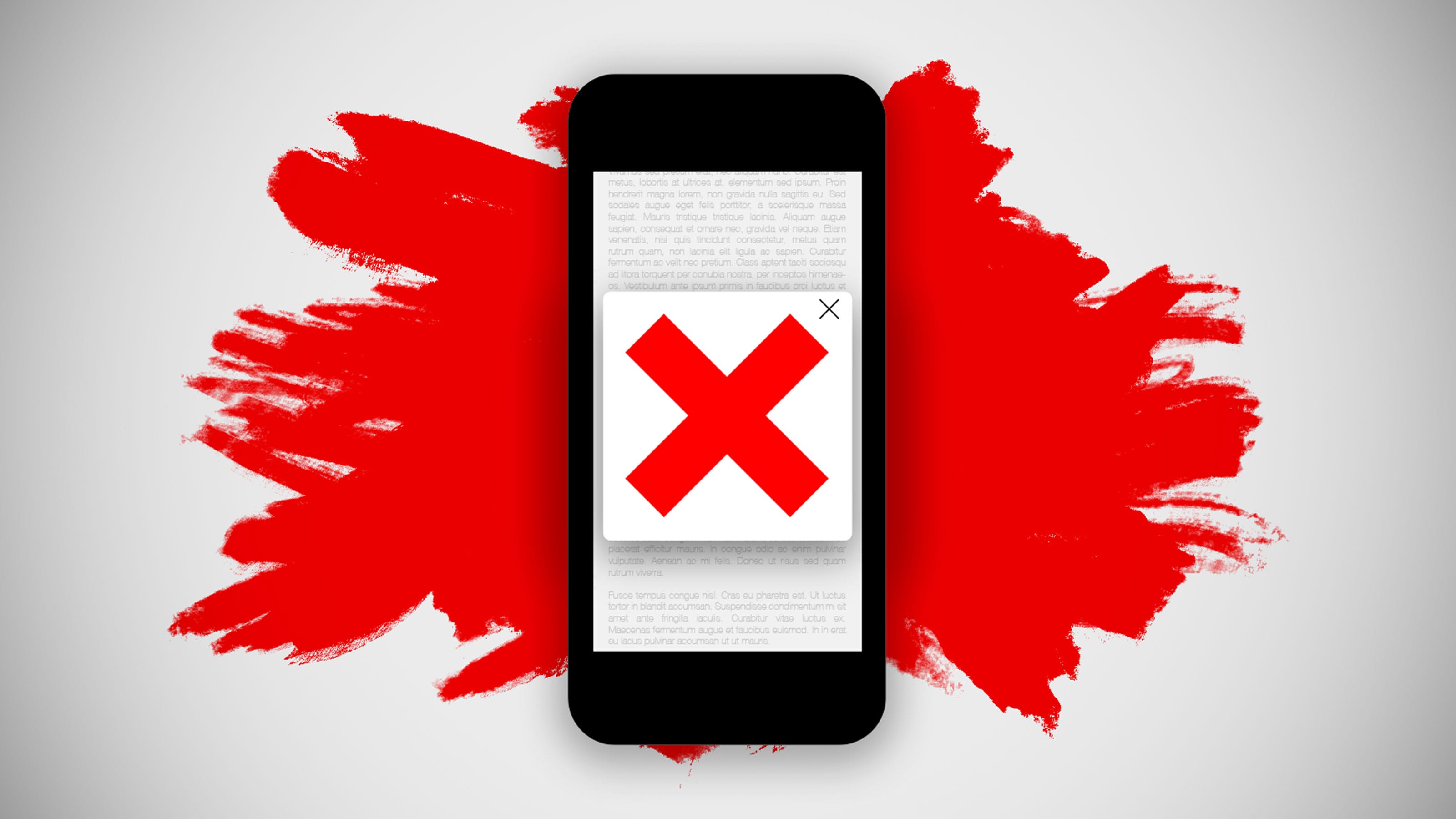
So, if you aren’t content with some legendary criteria of the stage administrator, you cannot publish on it. For some, it may complete horrible, but this principal to the fact that rather or later, other stages will start distributing applications which is what Amazon and other services like it is trying to do now.
For the most part, the strategies for placing apps on Google Play and the App Store are very alike, so you can do a little top of what should not be complete if you are part of a team of app manufacturers and would like to continue to quietly and calmly distribute them in authorized stores. Let’s look at the greatest popular reasons for obstructive and then erasing applications from authorized stores.
Destruction of the use of keywords
This destruction occurs in almost 50% of cases, so this warrants its first place. App builders and marketers, having read several articles on the elevation of products and, maybe, have previously used these tricks on sites, decide to use keywords and in the names of applications in order to “expedite” the search for possible users. As a result, the name of the request looks just like a hodgepodge of the most frequently requested words which is banned by the robot promptly.
Illegal use of images
All images (logo, banner, images of the request itself) must be legally learned. If app builders download an image from the Internet and use it in their application, and developers look the image and takes action, then they risk behind their request as well.
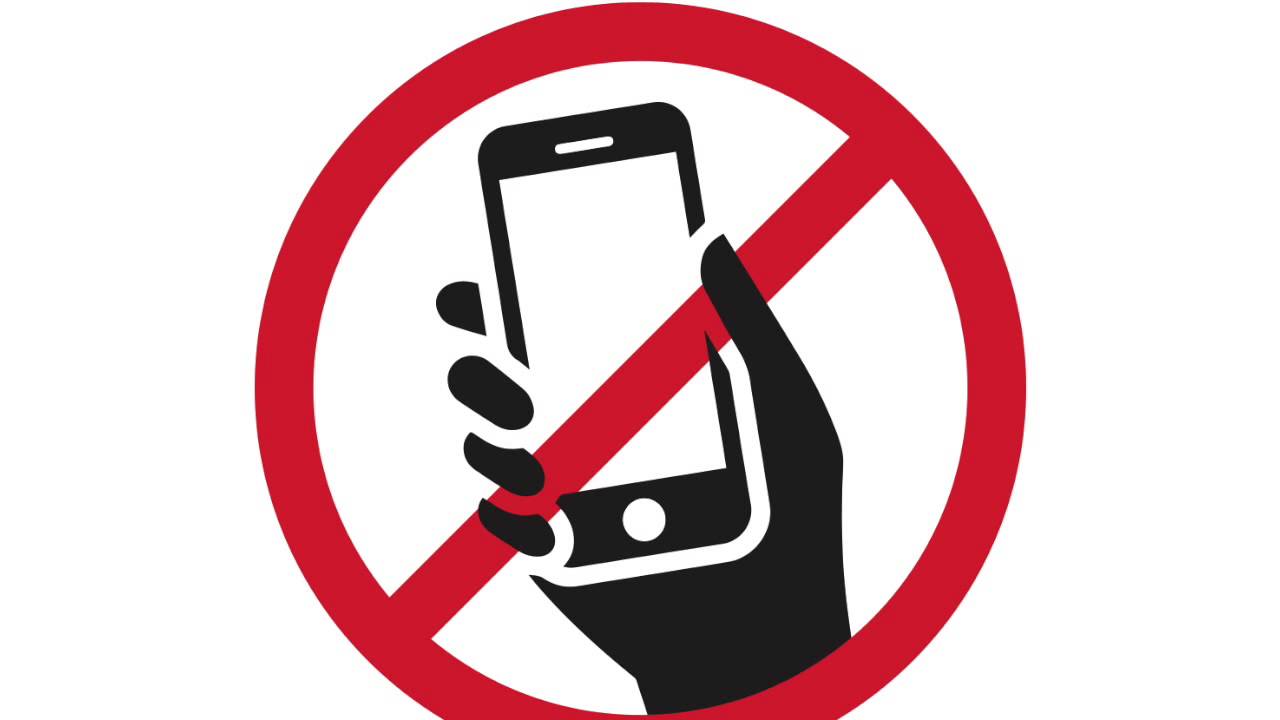
Contravention of rational property rights
App manufacturers can develop apps that can violate someone’s academic property and for this, specifically if a representative of this cerebral property comes with a piece of weekly from the court, it can block not only the request itself but also the designer’s account. Sometimes, such an unfriendly situation may arise simply because of inattention or because of ignorance in this matter. Intellectual property can comprise everything, preliminary with the name of the request, its design, over-all direction, and other points.
Third-party application markets
Google does not allow requests published on Google Play to move to third-party application markets for download or apprise. Due to the openness of the Android system, it is relatively laid back to implement third-party changes in the boot process at a technical level. There may also be some commercial value behindhand this, but Google forbids this behavior.
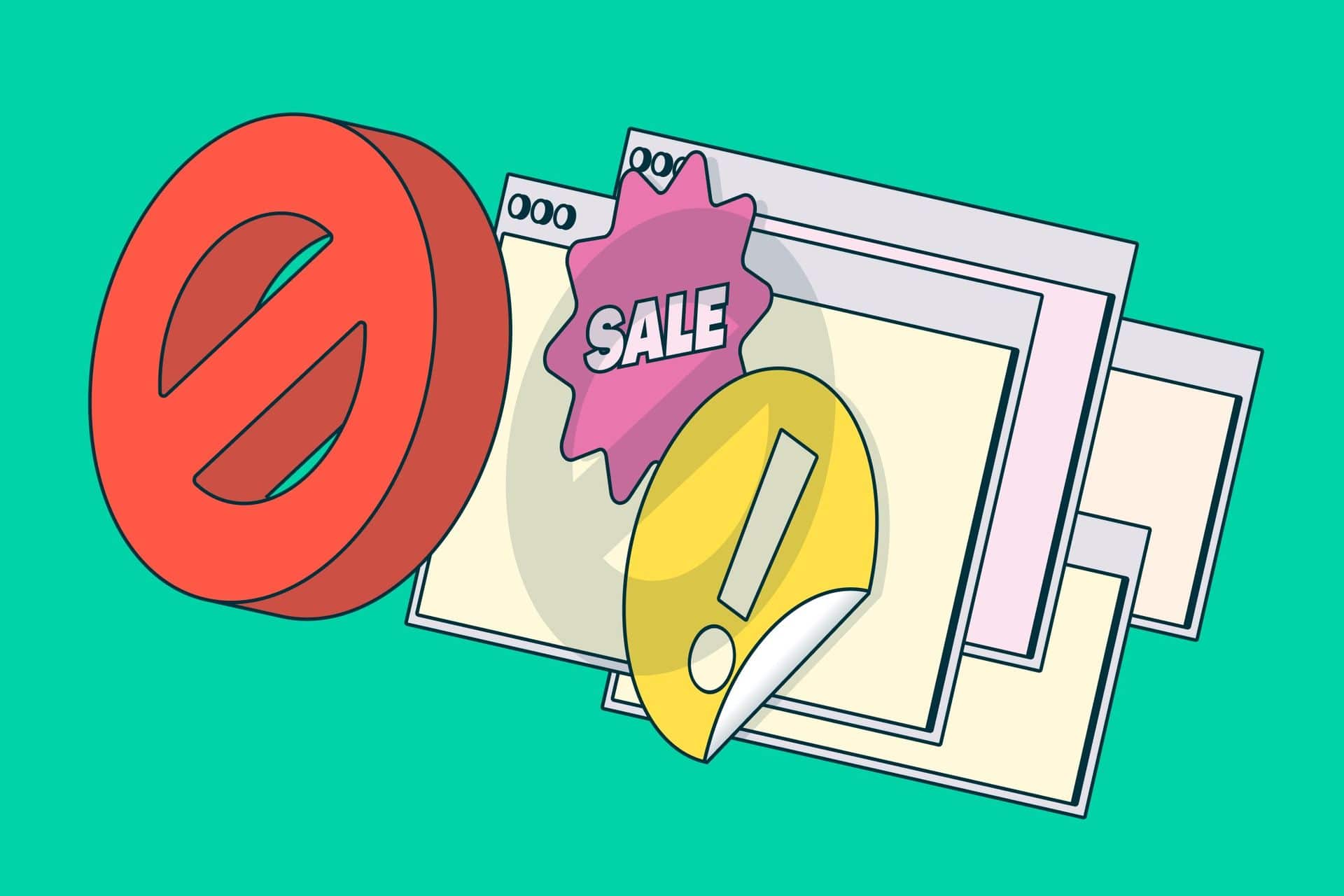
Violation of publicity policy
Any request must not contain false or deceptive advertising. Ads can only be shown in the submission to which they apply, and any ad shown in the application is a well-thought-out part of the Google Play application. In addition, destructive advertising and presenting functions that may inhibit the process of the application itself, as well as advertising of unfortunate content, are banned.
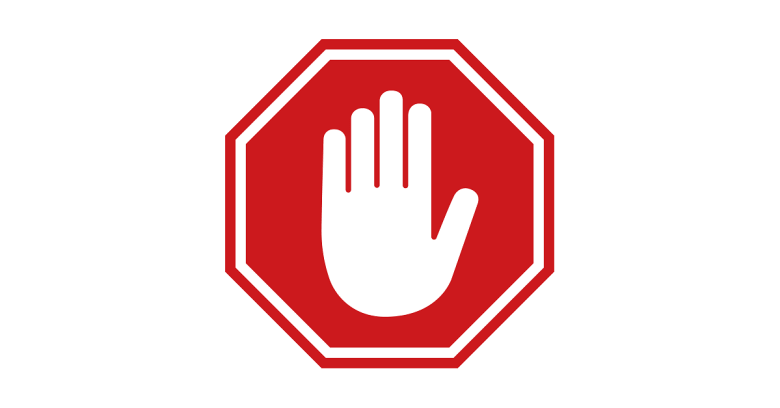
Payment system
App manufacturers should deliver payment within their applications only finished the Google Play reimbursement system, whether it be paid transfers or in-game purchases.

There are two exclusions:
– Sale of non-digital goods and chattels.
– Selling digitally satisfied that can be used outdoor the application.
The rules of the authorized app stores are quite blurry and in fact, you can entice any application for any destruction, if you really want to. Google, in turn, will immediately block the application until further examination, stingy the app manufacturers of profit.
